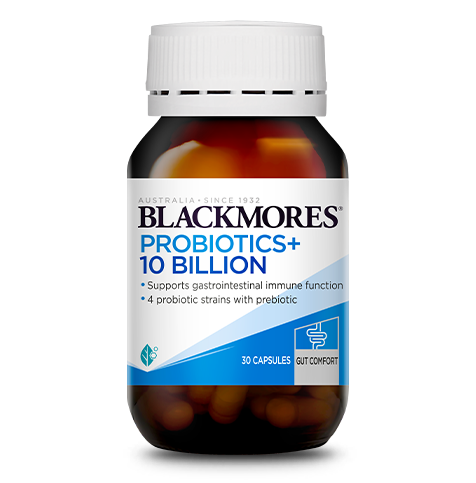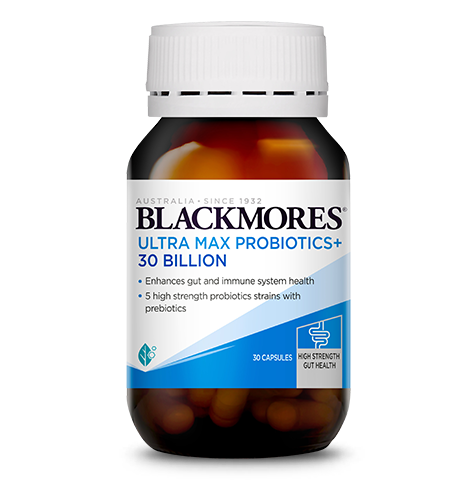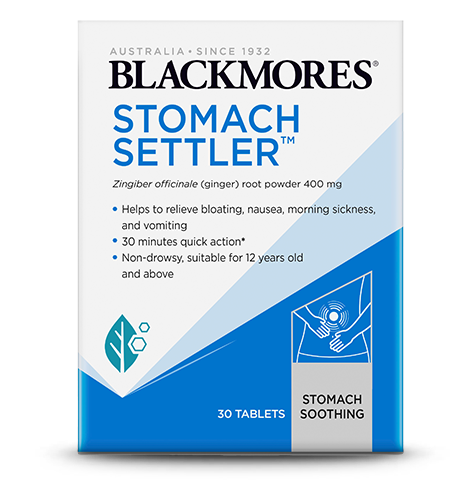Dysbiosis
Dysbiosis is a technical sounding term to describe an imbalance in the bacteria that live in and on the body – especially in your gut.As well as affecting how many different types of bugs live in your gut, reducing “gut bacteria diversity”, this imbalance can mean that numbers of beneficial bugs fall, while numbers of potentially harmful ones grow.
That’s unhelpful – and potentially unhealthy – for a few different reasons.
It can affect how and what kind of messages and information the gut sends to the brain, and also increase the risk of leaky gut, where bacteria escape the gut lining and enter the bloodstream.
Dysbiosis may even contribute to the development of other gastrointestinal disorders, including medically diagnosed irritable bowel syndrome. Plus, the physical symptoms can be downright uncomfortable.
What are the symptoms of dysbiosis?
The digestive symptoms that dysbiosis can cause include bloating, excess gas, abdominal pain and a change in bowel habits.What causes dysbiosis?
What you eat plays a key role in your risk of developing dysbiosis, with research showing that high-fat and high-sugar diets, as well as eating plans that are low in fermentable fibres, bump up the risk of dysbiosis.Other causes include taking certain medications or if your gut’s exposed to a bacteria or virus, for example those that can cause food poisoning.
What are the benefits of good gut health?
How to relieve dysbiosis
Eating a diet that includes probiotic foods may be an effective way to restore a healthy balance of good bacteria in a gut that’s experiencing dysbiosis.Tweaking your diet to be lower in fat and sugar, and higher in prebiotic fibres may also help. Prebiotic fibres stimulate the growth and healthy activity of “good” bacteria in the large intestine. To do this, you need to include in your diet sources of readily fermentable fibre, including Jerusalem artichokes, legumes, leeks and onions.
It can also be a good idea to do what you can to relieve specific symptoms of dysbiosis. For example, certain strategies can help to relieve bloating.
How can dysbiosis be prevented?
A number of foods can help to improve gut health, but research suggests that adopting the same prebiotic fibre-rich diet that you might use where dysbiosis is present, may help to prevent the condition, too.It is important to eat plenty of foods that contain resistant starch, such as chickpeas, red kidney beans, cooked and cooled potatoes, and slightly under-ripe bananas. When resistant starch is fermented by your gut bacteria, it encourages the production of a short-chain fatty acid called butyrate.
The acid plays a number of key roles in gut health, one of which is triggering a process that maintains oxygen balance in the gut, helping to prevent dysbiosis.



